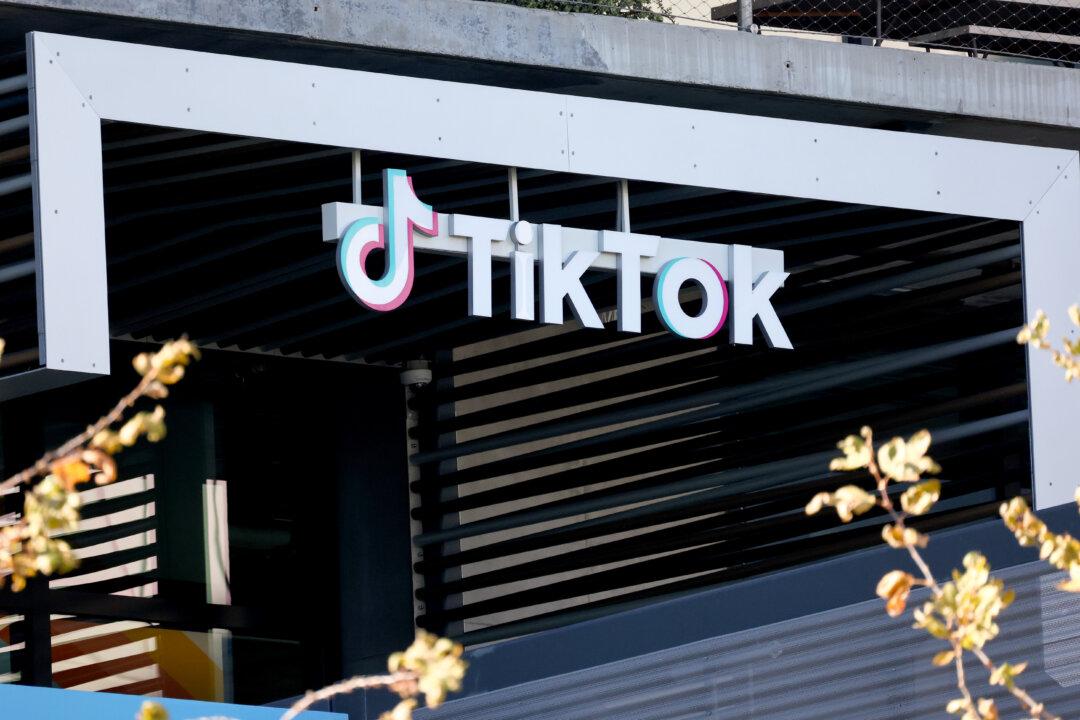The State of Utah on Tuesday sued TikTok, accusing the social media company of intentionally fostering an “addictive and unhealthy” digital experience for its youngest users and fueling a mental health crisis.
The lawsuit, filed in a Salt Lake City court, alleges the Chinese-owned company has been exploiting children into “checking and watching the app compulsively” while keeping them ignorant about the negative effects it could have on their mental well being, physical development, and many other aspects of their life.





